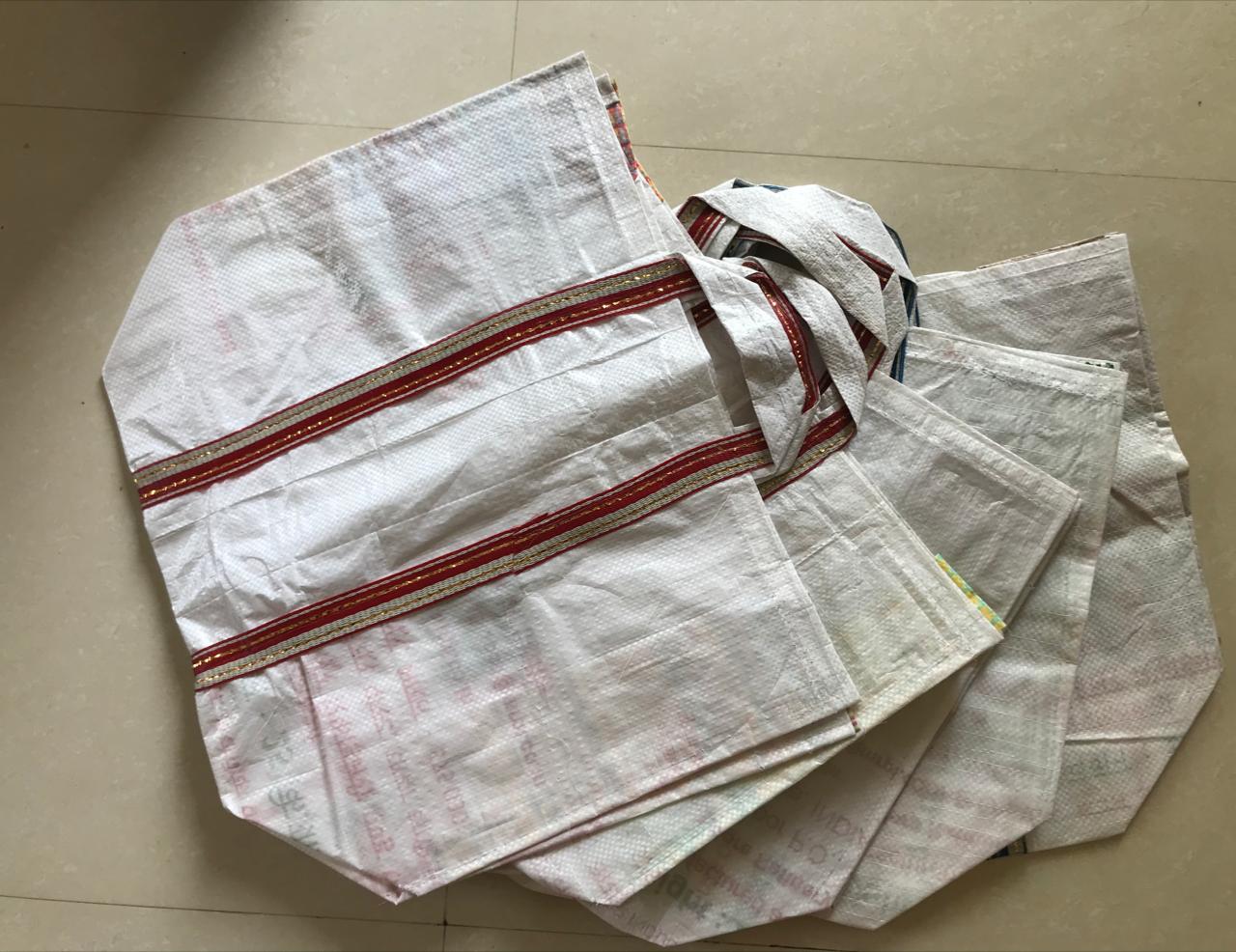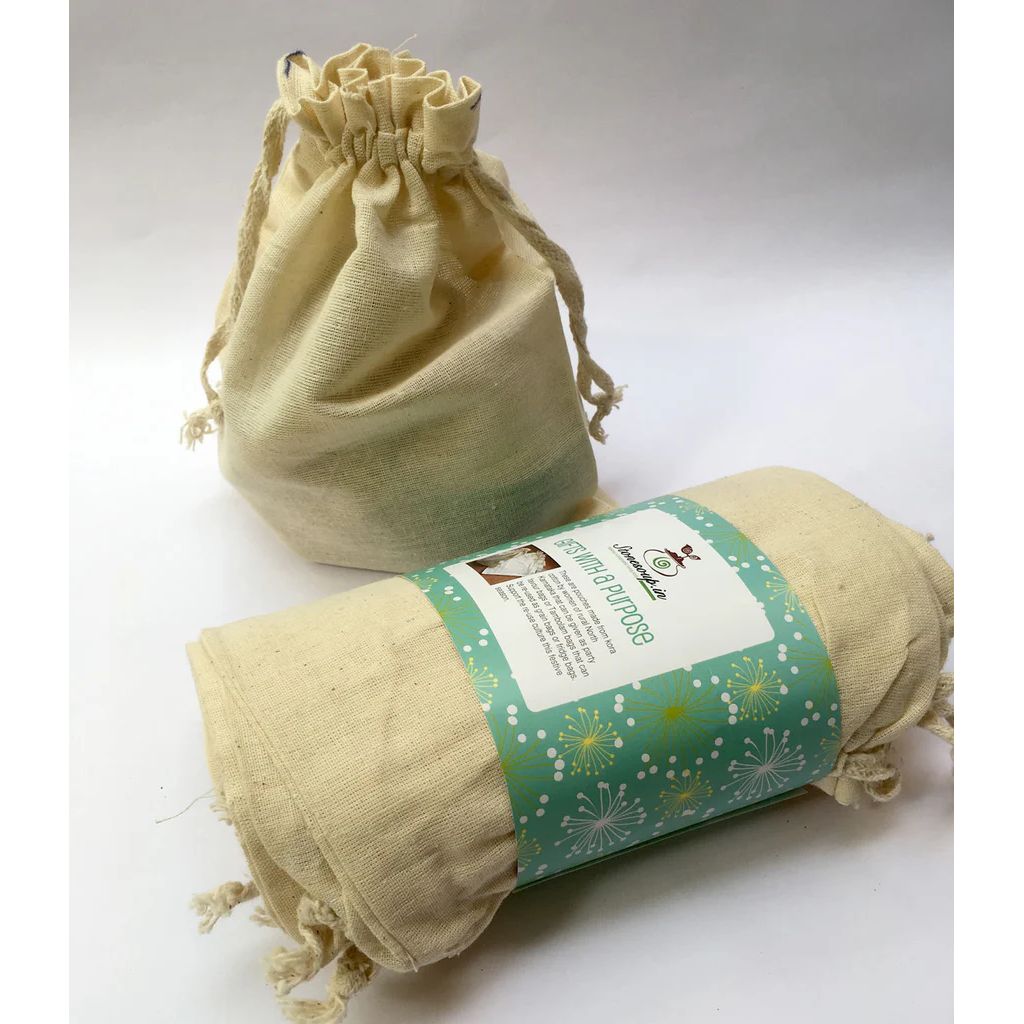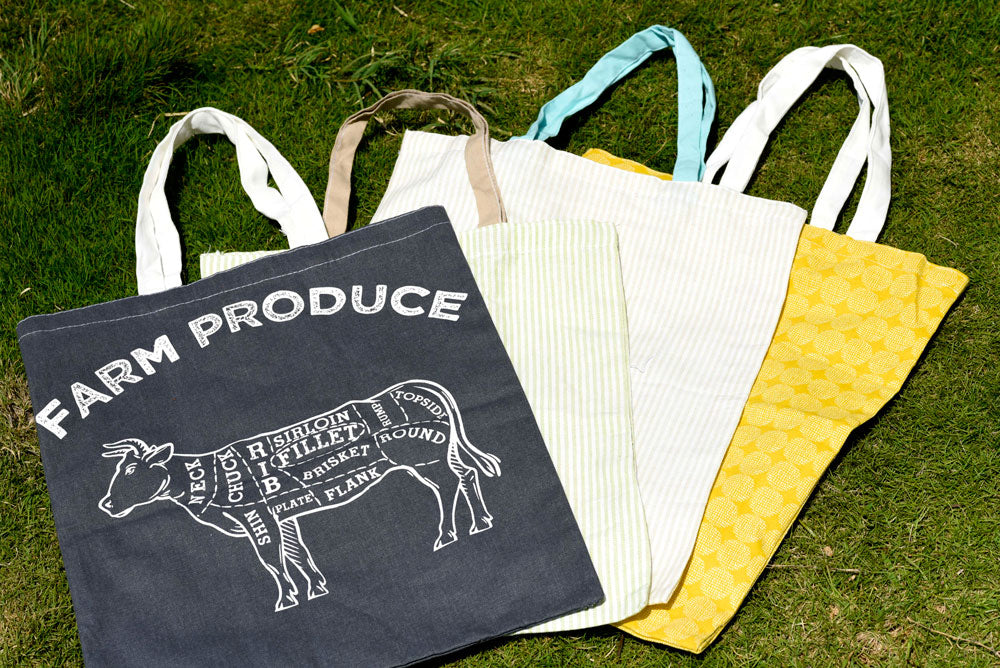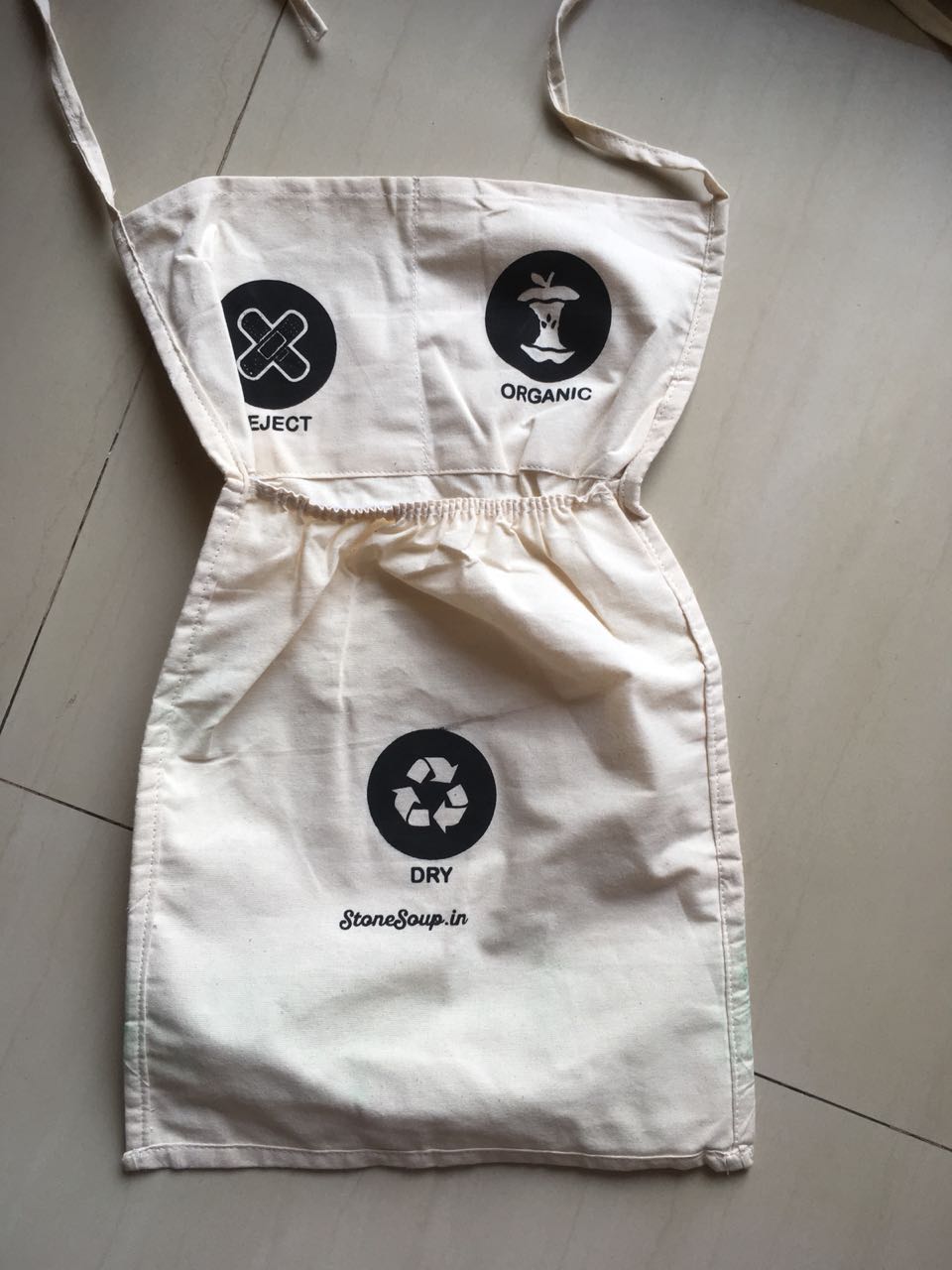As awareness of the dangers of plastic pollution is increasing world wide, people are constantly looking for new solutions. Alternatives to plastics is one urgent solution that everyone is seeking. Some solutions are genuine course corrections while others aren't what they seem. Many people see this awareness as a huge business opportunity and markets are flooded with seemingly eco-friendly products but in reality pose the same dangers as plastic if not more.
Biodegradable plastic - Does it deliver on its promise?
Concerned consumers who want to do their bit for the environment are adopting products which are labelled as Biodegradable plastic. They think that these biodegradable plastics don’t languish in landfills for years like regular plastics. This belief from the truth. The reality is entirely different.
In most cases biodegradable plastic bags are used for lining dustbins, as shopping bags, cups, plates, spoons and straws. Biodegradable plastics are made of conventional polymers such as polyolefin mixed with a starch compound and are touted as a green alternative to plastic bags. Unfortunately they fell short of the expectations of the people who bought it. While the starch in these products biodegraded, the plastic remained, in smaller bits though. To be called a bioplastic, a material only needs 20 percent of renewable material; the other 80 percent could be fossil fuel-based plastic resins and synthetic additives.

Further more these Biodegradable plastics are classified into oxo-biodegradable, hydro-biodegradable, photo-biodegradable which essentially mean that they degrade only in the presence of oxygen, water and light respectively. Once these bags, cups and plate end up in landfills, most of them will be entombed in tons of waste without exposure to air, water or light. The whole purpose of degrading thus being defeated. consumers who think that these plastics will degrade along with the organic waste do not realize that they stay in landfills for almost the same number of years as the regular plastics. Earlier this year, Europe
Even if these bags are added to the recycle bin, they can be confused with the usual plastics and the process of recycling takes a massive hit due to mixing of regular plastic along with these products which look and feel like plastic.
To put it in laymen terms, biodegradable plastics are NOT an eco-friendly option. They are not to be confused with compostable products. A compostable product completely degrades to give humus and carbon dioxide where as a biodegradable plastic leaves a lot of plastic behind.
The problem does not end here. Corn starch is being used to manufacture Biodegradable plastics. Many third world countries are grappling with food crisis and in this scenario even if a small percentage of the population switches to this plastic, we will be using resources to grow corn for this industry that manufacture products which eventually end up in trash instead of feeding millions of people. More so in a country like India where millions of people do not have access to food and nutrition this Idea seems ominous. The carbon foot print of any such product is massive.
As can be seen, the whole idea of making biodegradable plastic products and sending them to landfills assuming that they will degrade is not as convenient as it seems.
So, if biodegradable bags are not alternatives to plastics, what is?
Consider reusable bags any day. One cloth reusable bag can replace anywhere between 200-250 plastic bags in a single year! It's a easy habit to create - carrying your own bag.

Conveniently place them in your handbags or backpacks so you are never at a loss for a bag to carry back. Cloth bags can even be made from old dresses and cloth, giving it a new and upcycled look, instead of landfilling them.



Article submitted by Anupama Harish




